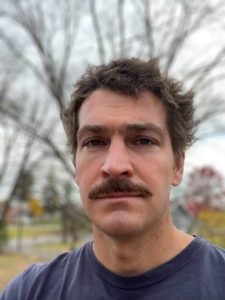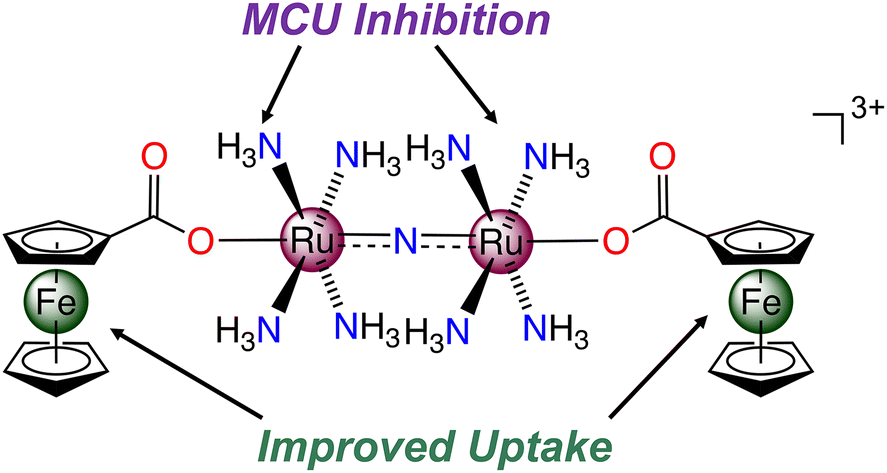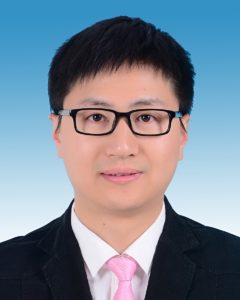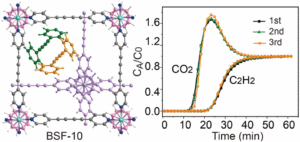Emerging Investigator: Justin J. Wilson
 |
|
Read Justin J. Wilson’s Emerging Investigator Series article in Inorganic Chemistry Frontiers and learn more about him.
| A ferrocene-containing analogue of the MCU inhibitor Ru265 with increased cell permeability | ||
| Zhouyang Huang, Jesse A. Spivey, Samantha N. MacMillan and Justin J. Wilson* | ||
|
|
An analogue of the mitochondrial calcium uniporter (MCU) inhibitor Ru265 containing axial ferrocenecarboxylate ligands is reported. This new complex exhibits enhanced cellular uptake compared to the parent compound Ru265. |
|
 |
||
| From the themed collection: Frontiers Emerging Investigator Series | ||
| The article was first published on 06 Dec 2022 | ||
| Inorg. Chem. Front., 2023, Advance Article | ||
| https://doi.org/10.1039/D2QI02183H | ||
My research interests
| Key words: medicinal inorganic chemistry, bioinorganic chemistry, f-element coordination chemistry, radiopharmaceutical chemistry |
| My research interests broadly span the field of metals in medicine and f-element coordination chemistry. Our group is interested in designing coordination complexes so that they have properties that are suitable for different biomedical applications, including both therapy and diagnosis. Within this area, we have developed metal-based mitochondrial calcium uptake inhibitors that show cytoprotective effects against in vitro models of ischemic stroke. Furthermore, we have interests in the realm of nuclear medicine. In this area, our group design chelating agents that can be used to deliver different diagnostic and therapeutic radiometals to diseased sites in patients. In the general realm of f-element coordination chemistry, we are working to apply our chelators for different applications, including rare earth element separation and isolation. |
10 Facts about me
| I published my first academic article as a graduate student in Prof. Steve Lippard’s lab. As a young graduate student, it was exciting to translate results from the lab into a tangible product (manuscript), but it also made me realize that there was a lot that goes into every manuscript that is published besides just the research!
An accomplishment I’m particularly proud of is our work in actinium-225 chelation chemistry. Thus far, this work seems like it may have some immediate near-future applications that can harness the therapeutic properties of this radionuclide. I am most passionate about my work in mentoring students and postdocs because they are dynamic products. Instead of a manuscript or interesting scientific result, mentees go on to do amazing things that I never would have envisioned. My favourite morning routine is swimming. Starting the day with a good swim gets my head clear for work. One of my hidden talents is playing guitar. As an undergraduate, I used to play with a lot of my friends. One thing I cannot live without is my family. Seeing them at the end of everyday always puts work and its demands into perspective. I advise my students to be curious about everything. If a result doesn’t turn out the way you expect it to, think about if that result could mean something potentially even more impactful. The most important quality of a mentor is to let students come up with their own ideas and pursue them, but with guidance. My passion besides work is food and travel. It’s always exciting to try and see new things. A recent epiphany: you can say “no” to requests on your time. It’s always exciting to participate in different projects, reviewing assignments, and committees, but at a certain point you need to recognize what you can manage effectively. |













